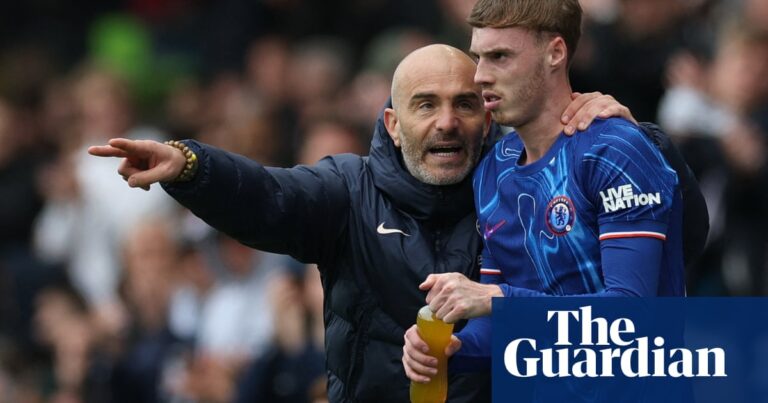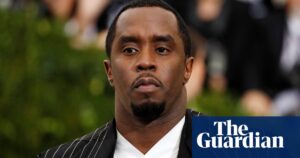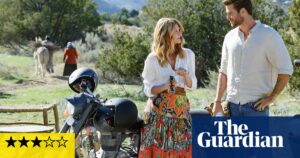Ethel Kennedy, who has died aged 96, was one of the most active and best-known US political wives of the 20th century. As her husband, Robert F Kennedy, campaigned first for the Senate and then for the presidency, she supported him while also bringing up their children. The 11th and last of them, her daughter Rory, was born after Bobby was assassinated in 1968. From the 1970s onwards, Ethel devoted herself to social causes and was latterly co-chair of the Coalition of Gun Control.
Her life had been touched by tragedy earlier, when her parents died in a plane crash in 1955. Her brother-in-law, President John F Kennedy, was assassinated in 1963. Two of her children died prematurely – David of a drug overdose at the age of 28 in 1984 and Michael in a skiing accident in 1997, when he was 39. Her husband was shot at the Ambassador hotel in Los Angeles following his victory in the California primary for the US presidential race.
Sustained by a strong Catholic faith, she remained, in the view of writer Hays Gorey, “an incorrigibly cheerful widow”, never permitting gloom to descend on the frenetic lifestyle that had always been found at Hickory Hill, the family home in McLean, Virginia. The place was strewn with footballs and tennis rackets, and no-one was allowed to sit around and mope.
Ethel used sport to promote her husband’s legacy and raise money for the wide variety of charities that fell under the umbrella of the Robert Kennedy Foundation, which also administered what is now Robert F Kennedy Human Rights. This led to the creation of a memorial tennis tournament at Forest Hills, New York, a pro-celebrity event that for several years in the 1970s was played on the eve of the US Open.
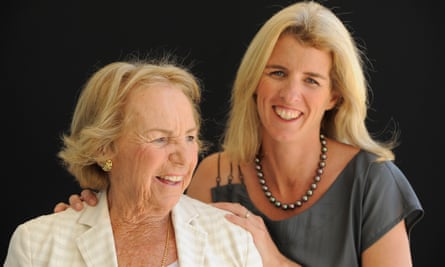
Born in Chicago, Ethel was the sixth of seven children of Ann (nee Brannack), a devout Catholic, and George Skakel, who went from an $8 a week job as a railway clerk to selling coal and founding a company called Great Lakes Coal & Coke. When Ethel was five the family moved east, eventually settling in Connecticut, where she attended Greenwich academy. She became friends with Jean Kennedy, Bobby’s sister, while they were both studying at Manhattanville College of the Sacred Heart in New York city. Meanwhile, Bobby – whom Ethel first met on a skiing trip in Quebec in 1945 – was dating Ethel’s sister, Patricia. When they broke up, Ethel began the partnership that would define her life.
Ethel campaigned for John F Kennedy when he ran for Congress in Massachusetts in 1946. She married his younger brother in 1950, and the following year their first child, Kathleen, was born.
“They had a wonderful relationship, full of banter and repartee,” recalled Donald Dell, a US Davis Cup captain in the 60s, who played tennis with the couple and became a family friend. “Ethel used to needle Bobby all the time and he gave as good as he got. But he was always very protective of her and she fiercely loyal to him.”
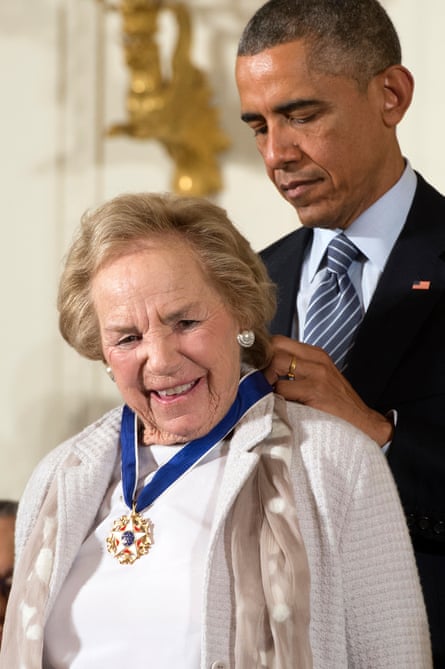
When JFK ran for the Senate in 1952, Bobby managed the campaign. Throughout the rest of the 50s, Ethel supported Bobby as he climbed the political ladder, and when JFK went to the White House in 1960, Bobby was appointed attorney general.
The assassination of JFK in 1963 changed Bobby and Ethel’s lives abruptly. Bobby continued the Kennedy story by successfully running for the Senate in 1964 and then decided to join the 1968 presidential race himself.
Early in the campaign, that March, came the stunning news that President Lyndon B Johnson had decided not to run for a second term. It immediately made Bobby Kennedy a hot favourite to win the Democratic nomination and, in many people’s minds, the presidency. But that dream died after shots were fired in the kitchen of the Los Angeles hotel in June.
Dealing steadfastly with her bereavement, Ethel drew on a wide and diverse array of “pals”, as she used to call them, to boost her charitable work. Sidney Poitier, Sammy Davis Jnr and Charlton Heston were among the celebrities who were always available when she called. A friend remembers her phoning Heston, whom she always referred to as Chuckles, in an attempt to get him to persuade Roy Emerson, the Wimbledon champion, to play in her tournament. “In return I’ll take a part in one your movies,” she joked. “But I don’t want a maid’s part – I want some love interest!”
There was some speculation about possible “love interest” between Ethel and the singer Andy Williams during the years following her husband’s death. This gossip continued until, citing her Catholic views, she announced a decision never to re-marry.
In a later age, a new generation was swept up in the Kennedy lifestyle. Taylor Swift, the country music star, was 23 when she spent some time with the then 84-year-old widow at the family compound at Hyannis Port, Massachusetts, in 2012. Swift declined to go swimming because a couple of her friends had not brought their swimsuits. “Being that thoughtful, you’ll run the risk of being boring,” said Ethel. “Go on, get in the water!”
“So I jumped in,” said Swift. “I took it as a metaphor for life. You have to jump in; you have to take your chances. Ethel taught me that.”
In May 2014, the Benning Road Bridge, which links Washington DC to Anacostia in Maryland, was renamed the Ethel Kennedy Bridge in recognition of the decades of work she had put in to improve the lives of young people living alongside the Anacostia River, reportedly one of the most polluted in America. To kick start the project in 1992, Ethel had waded in to pluck old tyres and debris from the water.
The Kennedy most in the news recently has been her son Robert F Kennedy Jr, who abandoned presidential runs first as a Democrat, and then as an independent. Ethel is survived by him, four other sons, Joseph, Christopher, Max and Douglas, and four daughters, Kathleen, Courtney, Kerry and Rory.
Source: theguardian.com










